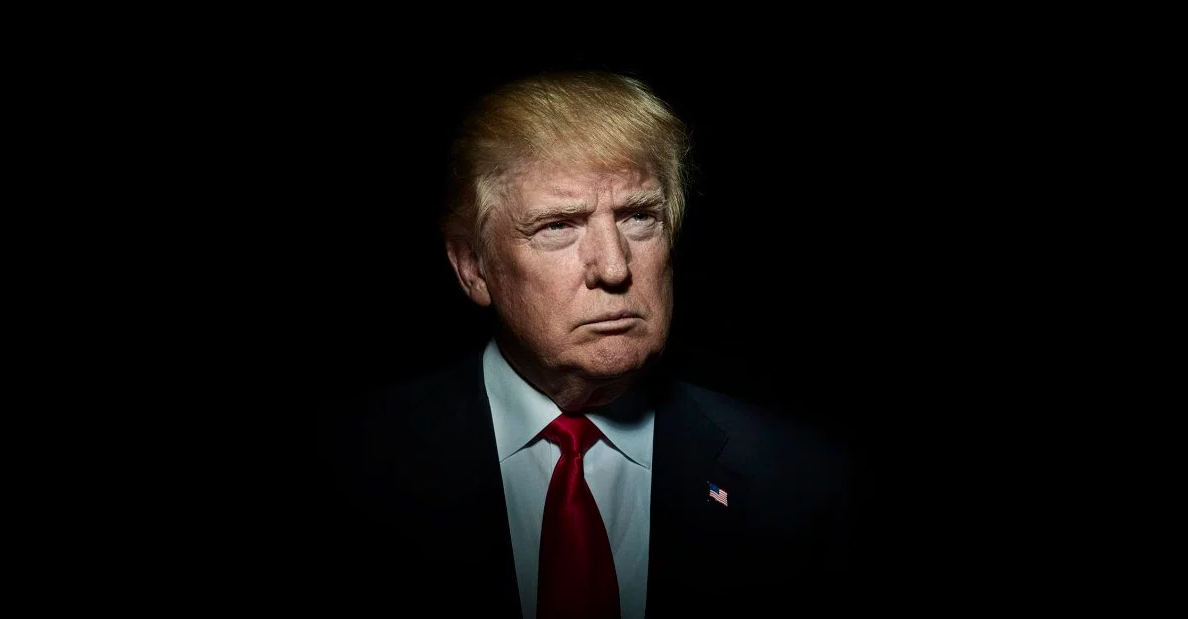The Art of the Deal: Twittering Oneself Out of Negotiations
BY ATANAS SPASOV

A recent tweet by President Trump brings to mind a scene from the renowned television show, The West Wing. In the scene, the government was in a deadlock over funding and the fictional President Bartlett surprised everyone by walking from the White House to the Capitol, full media scrum in tow, to force negotiations. Upon his arrival, he was met with a closed door and pitiful excuses as to why the opposition’s leaders cannot meet. This scene eerily parallels the current state of affairs, where Trump tweeted that he “didn’t see a deal” coming together with Democrats. Trump’s claim caused Congresswoman Nancy Pelosi and Senator Chuck Schumer to cancel their upcoming meeting with Trump. In both that scene from West Wing and our reality, Democrats were willing to negotiate. However, the opposition’s stubbornness prevented any fruitful negotiations. By preemptively shutting down a deal, Trump is ensuring nobody will win.
In the hours following Trump’s tweet, Democrats made a formal statement, saying they “believe the best path forward is to continue negotiating with our Republican counterparts in Congress instead,” sidestepping Trump entirely. Trump, as a businessman, has never had to deal with negotiations in which walking away from the table simply isn’t an option. The Republican leadership needs to understand that national policy cannot be dictated by this ideology of “my way or everyone gets furloughed.” However, this is far from the first case of partisan politics causing gridlock in Washington. This debacle is merely the most recent instance. The core of this frustrating divide goes back to the 1990s, when then-House Speaker Newt Gingrich first grasped the gavel.
When Gingrich introduced his Contract for America, the air of bipartisanship seemingly disappeared overnight. Lawmakers on both sides of the political spectrum used to be civil and willing to compromise, but that all changed when Gingrich threatened to pull funding and support from Republican legislators’ campaigns if they worked with Democrats. His tenure elevated legislative obstructionism, which became the central political strategy. As a result, both parties turned inwards in a consolidated effort to pursue their agendas only when it suited them, and only when they knew they could win. This was worsened with drawbacks within the Constitution, congressional voting rules, and supermajority institutions such as the Senate filibuster and the presidential veto. Congress lies within this complex framework, each member vying for representation of their political preferences, even if it is at odds with existing policy. It comes as no surprise that the current political environment is one of distrust and cancelled meetings.
This culture of political stubbornness comes at an inopportune time, with the prospect of a government shutdown looming due to the debt ceiling. However, the debt ceiling cannot be raised without the help of Democratic votes. Democratic acquiescence won’t come for free though, as Democrats are adamant in their desire to secure the permanent standing of DACA legislation in exchange. Never before in the history of our country has a government shutdown occurred while a single party controlled all branches of government. If House Majority Leader Paul Ryan and Senate Majority Leader Mitch McConnell are unable to get their caucuses in line, and remain unwilling to compromise with Democrats, then we will see the Lincoln Memorial closed to the public again for the second time in five years. What was that quote attributed to Old Abe again? Something about a house divided?
